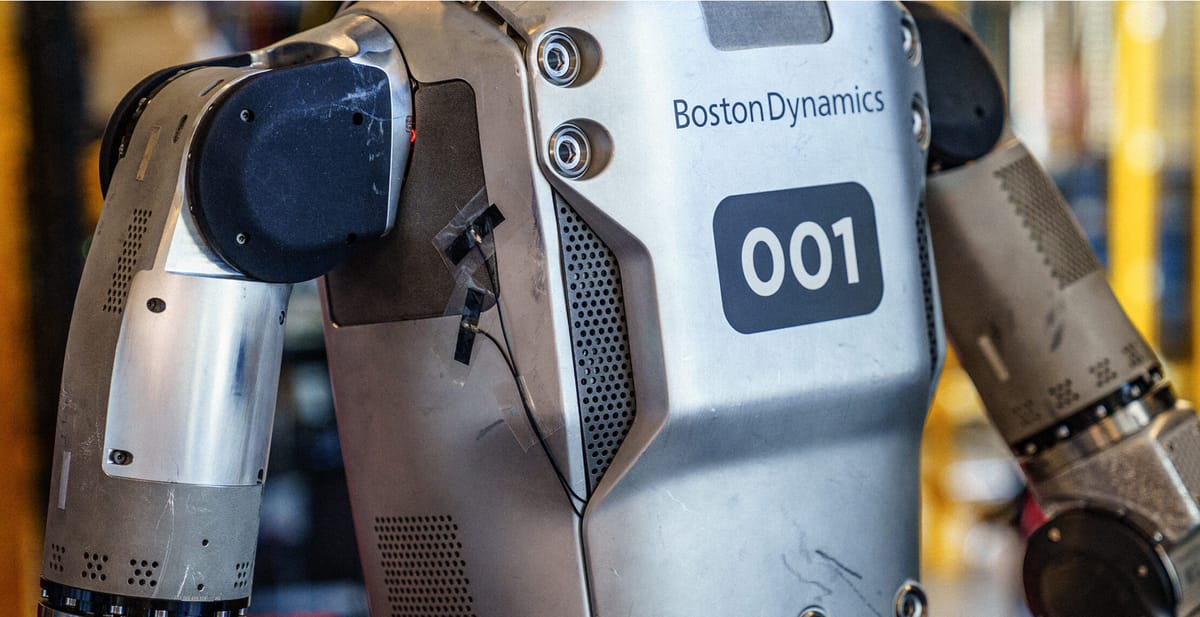
Boston Dynamics and Toyota Research Institute (TRI) are joining forces to push the boundaries of humanoid robotics. The partnership, announced Wednesday, aims to integrate TRI's expertise in Large Behavior Models (LBMs) with Boston Dynamics' Atlas robot to potentially accelerate the development of general-purpose humanoid robots.
Large Behavior Models operate similarly to large language models, which power well-known platforms like ChatGPT. However, rather than generating text, LBMs enable robots to learn a wide variety of physical tasks by observing human behaviour. TRI and Boston Dynamics will work together to train the Atlas robot to take on a wide range of increasingly complex tasks.
"Recent advances in AI and machine learning hold tremendous potential for advancing physical intelligence," said Gill Pratt, TRI's CEO and Toyota's chief scientist. He described the opportunity to implement TRI's AI on Boston Dynamics' hardware as "game-changing" for both organizations.
The partnership brings together two robotics powerhouses. Boston Dynamics, now owned by Hyundai, has a track record of creating nimble, capable robots. TRI, backed by automotive giant Toyota, has been pushing the envelope in AI-driven robotic control.
Robert Playter, CEO of Boston Dynamics, emphasized the timeliness of this collaboration: "There has never been a more exciting time for the robotics industry."
The immediate goal is to use Atlas for narrowly focused industrial tasks, with an eye toward broader use cases in human-robot interaction, such as elder care and household assistance. However, the team hasn't committed to a specific timeline or budget for commercial deployment.
This partnership emerges as interest in humanoid robots intensifies across the tech industry. Other players, including Tesla with its Optimus robot, Apptronik's Apollo and Figure's Figure 02, are also vying for a piece of this futuristic market.
The joint research will take place in Boston, led by Scott Kuindersma from Boston Dynamics and Russ Tedrake from TRI. Their work will involve collecting data on Atlas' performance across various tasks, then using that information to train even more advanced AI models.
As exciting as the technology is, there are still many questions around the real-world impact of increasingly capable humanoid robots. The research team plans to explore human-robot interaction and safety considerations alongside their technical developments.

